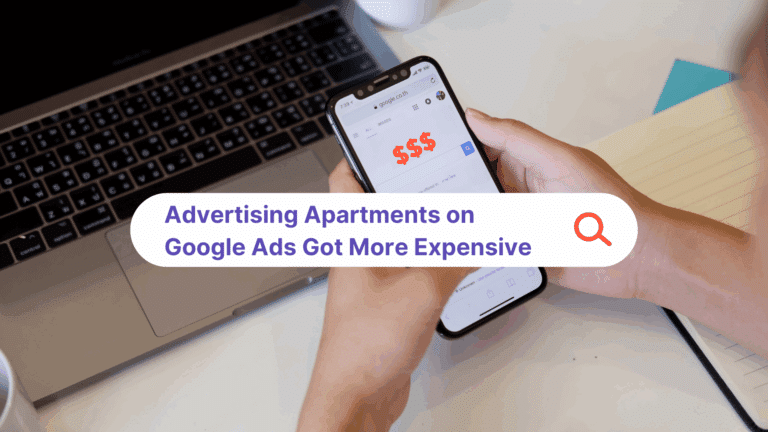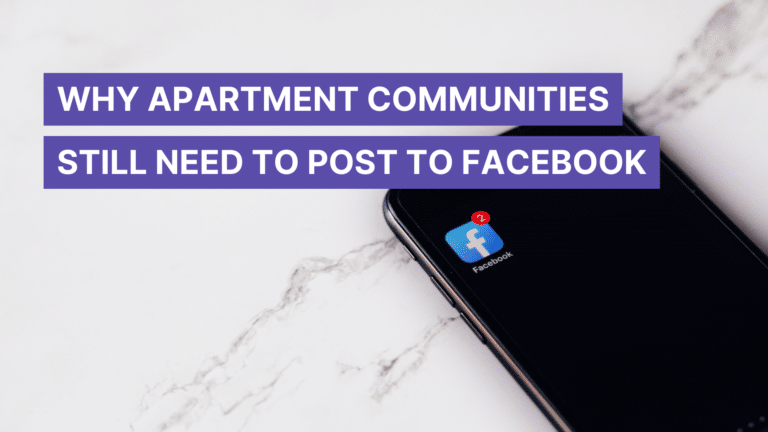Instagram announced last week that it’s expanding its experiment of hiding likes for some users in the U.S. and around the world. Users are still able to view their own likes, but you might notice that you can’t see the number of likes that a post has received for some of the accounts you follow.
This decision came after a test run in seven countries earlier this year, including Canada, Ireland, Japan and Australia. It’s a move away from “vanity metrics,” which has resulted in some users feeling stressed and pressured to compete.
“While the feedback from early testing has been positive, this is a fundamental change to Instagram, and so we’re continuing our test to learn more from our global community,” a spokesperson for Facebook, which owns Instagram, said in a statement. “We understand that like counts are important for many creators, and we are actively thinking through ways for creators to communicate value to their partners.”
So, what does this mean for brands, and more specifically, apartment communities and apartment marketing?
First, let’s consider the purpose of likes. They function as a barometer as to what residents and prospects want out of their apartment community, but they’re far from the only way to determine this.
Multifamily companies view Instagram as just one marketing tool, not the entire strategy, so hiding likes isn’t expected to have a very substantial effect. Even so, it’s still nice to have that validation of a like. For apartment communities that don’t get a lot of likes on their Instagram posts, taking them off the table could be a relief.
Influencers — users with substantial follower counts who earn a living by leveraging that popularity to promote products — are expected to be affected by this change the most. Some apartment marketers have been experimenting with using influencer marketing to create a buzz for their properties, and they may be wondering if it’s worth it to continue doing so.
But many influencers and the companies that connect influencers with brands are saying that the impact isn’t as dire as some people think.
The like has become irrelevant in recent years because of bots that inflate engagement and the ease of buying followers, some say. Not only that, before committing to working with an influencer, the brand is given access to his or her back-end metrics that include comments, shares, followers, click-throughs and conversions.
Even so, hiding likes might drive some apartment marketers to pursue paid media instead, which comes with engagement tools that will continue to deliver accurate metrics.
How do you think hiding likes will affect apartment marketing on Instagram?
Learn more about Respage’s apartment marketing Social Media Management and Social Media Advertising services.






